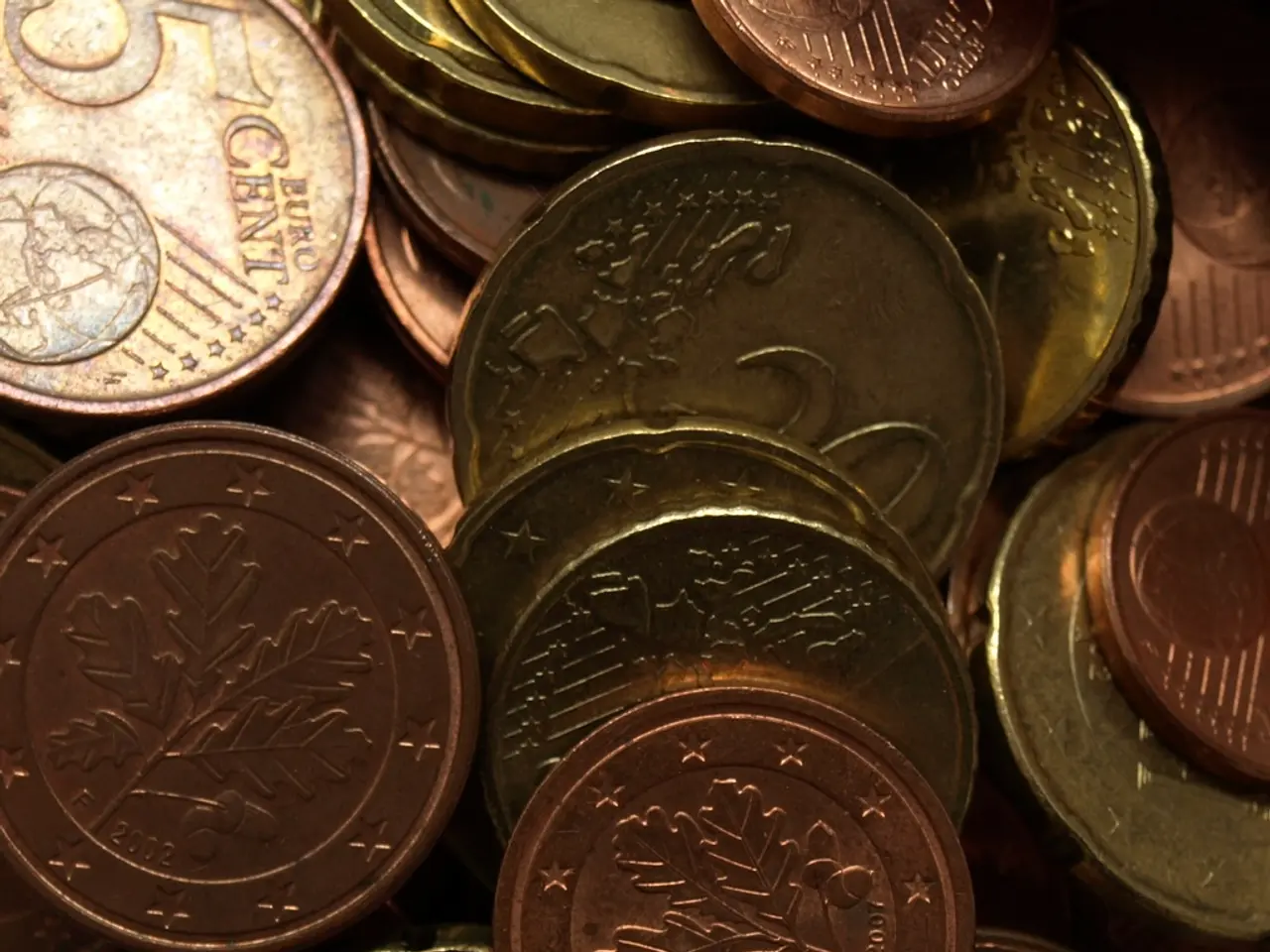Preparing for Quantum Computing Threats, El Salvador Transfers Bitcoin to 14 Digital Wallets
In a forward-thinking move, El Salvador, the first country to adopt Bitcoin as legal tender, has dispersed its 6,274 Bitcoin (approximately $678 million) across 14 new wallets. This strategic move aims to minimise potential risks from quantum computer attacks, aligning with the advice of crypto experts and influenced by IMF recommendations to reconsider its Bitcoin policy.
Each new wallet holds up to 500 BTC, reducing the potential risk in case of quantum attacks. This strategy is not unique to El Salvador; even large asset managers like BlackRock have voiced concerns about quantum computing, which could one day make the cryptography behind Bitcoin and other digital assets ineffective.
The Bitcoin office has also noted that quantum computers could potentially break the cryptography that protects Bitcoin and other systems. However, concerns about quantum computing as a threat to Bitcoin have been dismissed by some, including Michael Saylor, Strategy co-founder. Saylor calls the promotion of "quantum" tokens a marketing tactic.
While quantum computing poses a future risk to Bitcoin, phishing attacks currently pose a greater risk to users' funds. To keep reserves transparent and secure, a public dashboard now tracks the many addresses.
Paolo Ardoino, CEO of Tether, believes Bitcoin will develop quantum-resistant addresses. In fact, Bitcoin could be upgraded via software and hardware updates to protect against quantum computing threats.
Another voice of caution comes from Project Eleven, which warns that quantum computing is steadily progressing and poses a future risk to Bitcoin. Despite quantum computing threats being years away, El Salvador's move to disperse its Bitcoin across multiple addresses shows governments are thinking ahead about protecting digital assets.
However, some, like Saylor, argue that powerful quantum computers, such as those owned by tech giants like Google or Microsoft, would not be released due to potential harm to their businesses and global systems.
In conclusion, El Salvador's proactive strategy to protect its Bitcoin reserves from quantum threats serves as an example for other countries and institutions to consider as they navigate the complex world of digital assets.








